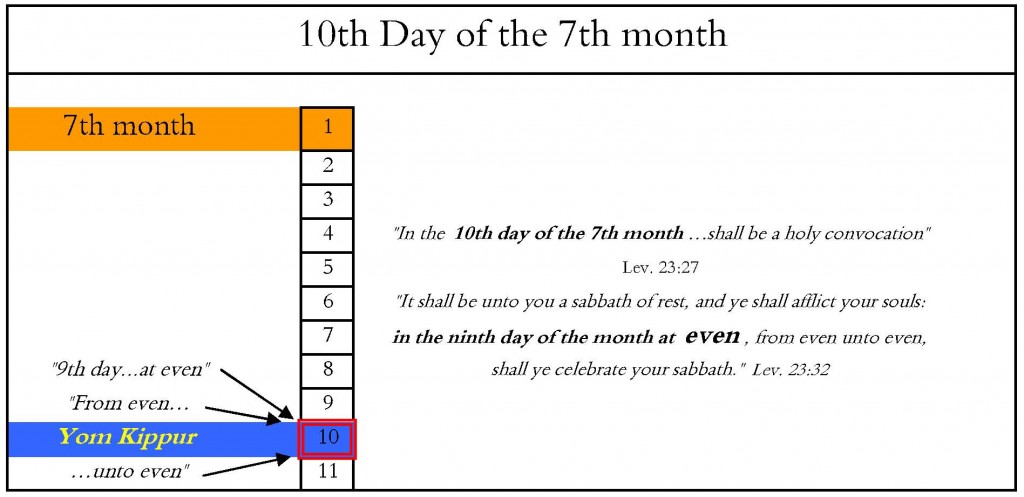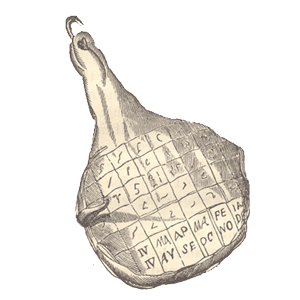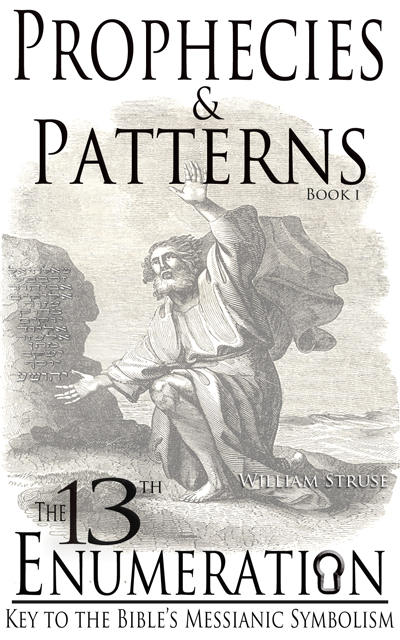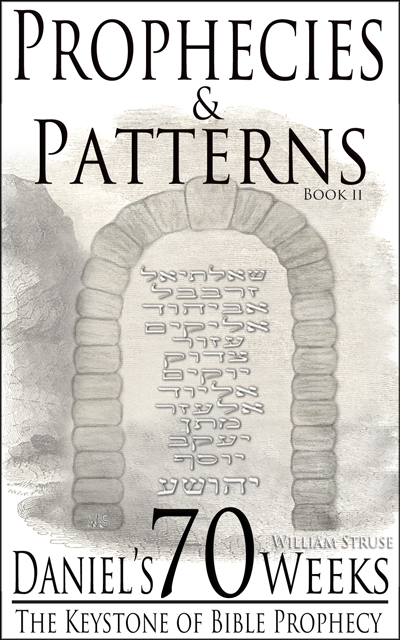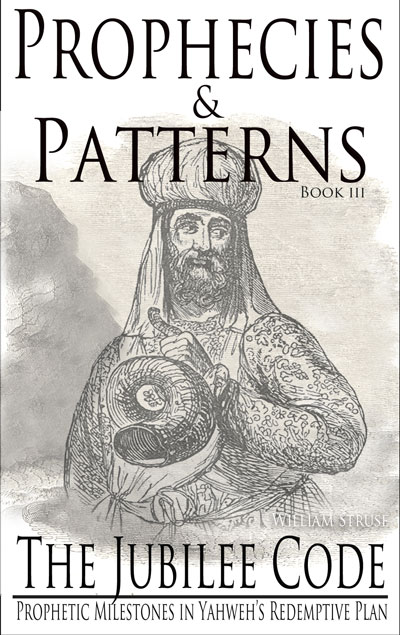A Biblical Definition of the Day
Living in a world which no longer keeps time according to a Biblical standard we sometimes inadvertently assume our own concept of timekeeping when interpreting certain passages of Scripture. In this article I would like to look at one of the most basic concepts of Biblical time. What is the definition of a “day” according to a Biblical reckoning of time? I’ve found that once I understood a Biblical “day” I was able to see some of the great events of the Bible from a different perspective.
Today you and I understand a “day” as a period of 24 hours beginning at 12:00:01 am (midnight). This is the point when our calendar day changes. A Biblical day on the other hand begins at “even”. In the Bible the first definition of a day is found in Genesis 1:5.
Genesis 1:5 5 And God called the light Day, and the darkness he called Night. And the evening and the morning were the first day.
Notice how the “first day” is ordered: “…the evening and the morning”. Evening is mentioned first. The word “evening” used in this text represents the Hebrew word ereb. It means evening, night, or sunset. Traditionally, it is understood that this means the day begins at sundown. Granted, Genesis 1:5 is not the most concrete definition of a day one might like to find, but it does provide at least a glimpse of how a “day” is ordered in the Scripture. To get a more conclusive definition of a day we must turn to Leviticus 23. Here a very special day is described and delimited.
Leviticus 23:27-32 27 Also on the tenth day of this seventh month there shall be a day of atonement: it shall be an holy convocation unto you; and ye shall afflict your souls, and offer an offering made by fire unto YHWH. 28 And ye shall do no work in that same day: for it is a day of atonement, to make an atonement for you before YHWH your God. 29 For whatsoever soul it be that shall not be afflicted in that same day, he shall be cut off from among his people. 30 And whatsoever soul it be that doeth any work in that same day, the same soul will I destroy from among his people. 31 Ye shall do no manner of work: it shall be a statute for ever throughout your generations in all your dwellings. 32 It shall be unto you a sabbath of rest, and ye shall afflict your souls: in the ninth day of the month at even, from even unto even, shall ye celebrate your sabbath.
The passage above gives specific instructions for celebrating the Day of Atonement also known as Yom Kippur. Notice verse 27 clearly states this day is to be observed on the 10th day of the 7th month. Verse 32 goes on to say this day was to be a “Sabbath of rest”. Further it defines this special day as beginning on the 9th day at “even”, “from even unto even”. This confirms for us that a “day” does indeed begin at ereb or sundown as first indicated in Genesis 1:5. Further the text shows us that when “even” is used in connection with a Biblical calendar day it designates the end of the day mentioned and the start of the next day. The ninth day “at even”, in this case, clearly refers to the start of the 10th day.
The chart below gives a visual of the above information. Click on Image to enlarge.
